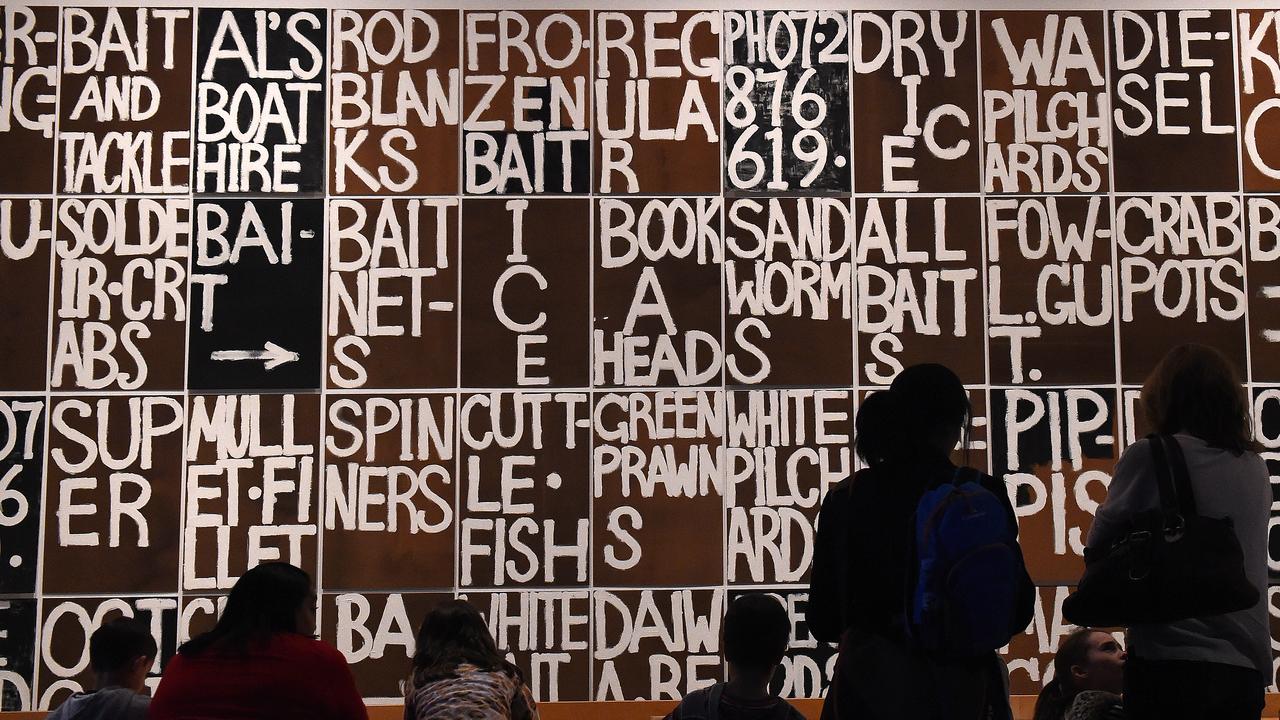My Catholic upbringing introduced me to Latin, and some of the most powerful language


I love words. Not so much big words, but rather words that have the power to transform a sentence from the dreary to the divine.
I did not study physics but I do so love the language. A rising force can be propelled. A perspective can be from an altitude. Mass times velocity equals momentum – and a powerful case for social or political change.
Geology, too, has a language worth nicking: a shift can be tectonic; a fissure, meaning a fracture, might change the way everyday life is conducted. Even politicians have jumped on my geology-has-the-best-words bandwagon. They’re always banging on about fault lines.
And do not get me started on the language of astronomy: there’s a demographic alignment of the planets; a social impact can knock us off our trajectory; a centrifugal force flings commuters and lifestylers to the city’s edge.

I am always on the lookout for ways to talk about the spaghettification of time, an astronomical concept meaning (in my world at least) the breaking down of time into short-attention-span strands as opposed to do-something-with chunks.
I wonder if the spaghettification of time is having an impact on national productivity? This is the idea that there are no longer long, languid licks of time to contemplate problems and their possible solutions. (Did I mention that I also like the rhythm of alliteration?)
My Catholic upbringing introduced me to (bits of) Latin, and surely to some of the most powerful language ever conceived. Do other religions make use of words such as contrition, redemption, salvation, rapture?
And then there is the hidden context of words. We fall in love, we drown in debt, we are consumed by jealousy, we’re called to account.
To fall in love suggests a loss, or at least a diminution, of agency. Love is thus an elixir, a potion, a spell that can induce a sense of wafting, floating, falling.
Why is it that we are forever tackling climate change? We never seem to catch it. We are either too slow or climate change is too quick. We need to lift our speed game.
Again from my youth – for I almost never hear it said today – is the delightfully playful term “tickety-boo”. What modern words have evolved to convey the sense of fun like an out-of-the-blue tickety-boo?
And what is Australia’s contribution to my world of worthy words? Bonza comes to mind. And yet I question whether this word, so acclaimed as the embodiment of our nation, exists in real life. I have never heard anyone use the term bonza, meaning good, in a genuine (as opposed to comedic) context. Bonza exists, I think, in parody, in pantomime when the scene calls for an Aussie interlude.
Words come and go, of course. I don’t recall the term infrastructure being discussed prior to the mid-1990s, for example. The passing of human time is measured in generations but it is also marked by changes in how we speak and communicate. The world of words is a marker of where we’ve been … and the direction in which we are headed.



I am an aficionado, an apparatchik, a devotee of language. I might also add I am mightily fond of punctuation. It is impossible to have a relationship with one without the other.